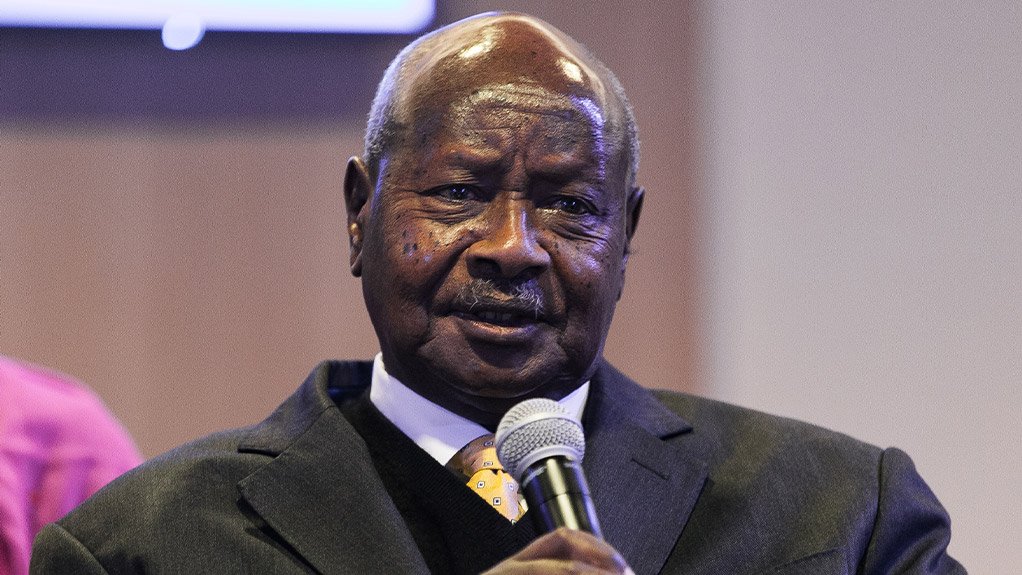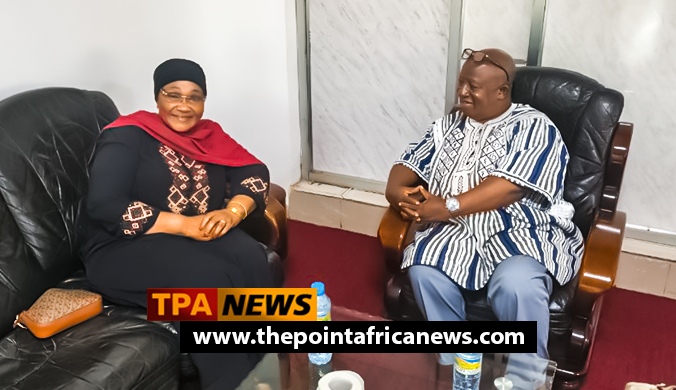
For nearly forty years, Yoweri Kaguta Museveni has been the singular, defining figure in Uganda’s political landscape. His recent nomination to seek a seventh presidential term, at the age of 80, is more than just another electoral announcement; it is the latest chapter in a narrative of sustained power that has reshaped a nation and continues to challenge the very notion of democratic evolution in East Africa.
When Museveni’s National Resistance Army swept into Kampala in 1986, ending years of brutal instability under Milton Obote and Idi Amin, a wave of optimism washed over Uganda. He spoke of “fundamental change,” constitutionalism, and a disciplined approach to governance. Indeed, his early years brought relative peace and economic recovery, earning him praise from international partners. Yet, over the decades, the blueprint for a democratic transition began to fray. Constitutional amendments, notably the removal of presidential term limits in 2005 and then the controversial abolition of the age limit in 2017, systematically dismantled the guardrails against indefinite rule. What began as a liberation movement gradually calcified into a system centered on one man.
This entrenched power has come at a significant cost to political pluralism. While multi-party politics were formally reintroduced in 2005, the space for genuine opposition has progressively shrunk. Figures like the popular musician-turned-politician Bobi Wine, who galvanizes a youthful population with calls for change, face a relentless campaign of arrests, harassment, and legal battles. The political environment is characterized by a pervasive sense of control, where dissent, whether from the streets or within the hallowed halls of parliament, is often met with swift and decisive state action. The vibrant political discourse many Ugandans yearn for remains elusive, overshadowed by a climate of caution and fear.
Compounding these anxieties is the increasingly visible role of Museveni’s son, General Muhoozi Kainerugaba. As a high-ranking military official, his overt political ambitions and public declarations have ignited fears of a dynastic succession. In a nation where the military has historically played a pivotal, often destabilizing, role in politics, the prospect of power being passed from father to son raises concerns about the entrenchment of military influence in civilian governance. It revives specters of African states where political power becomes a family inheritance rather than a mandate earned through democratic contest.
Uganda’s post-independence history is marked by a tragic absence of peaceful transitions of power. From the tumultuous early years following British rule, through coups and counter-coups, the cycle of leaders seizing and then clinging to authority has remained unbroken. Museveni, who once critiqued African leaders who “overstayed their welcome,” now embodies this very challenge. His continued presence at the apex of power, coupled with the clear succession aspirations within his family, means that the fundamental question of how Uganda will ultimately achieve a truly democratic and peaceful transfer of leadership remains unanswered, perpetually deferred, and increasingly urgent for a young nation eager to forge its own future beyond the shadow of its enduring past.
By: TPA News Desk | editor@thepointafricanews.com







Leave a Reply